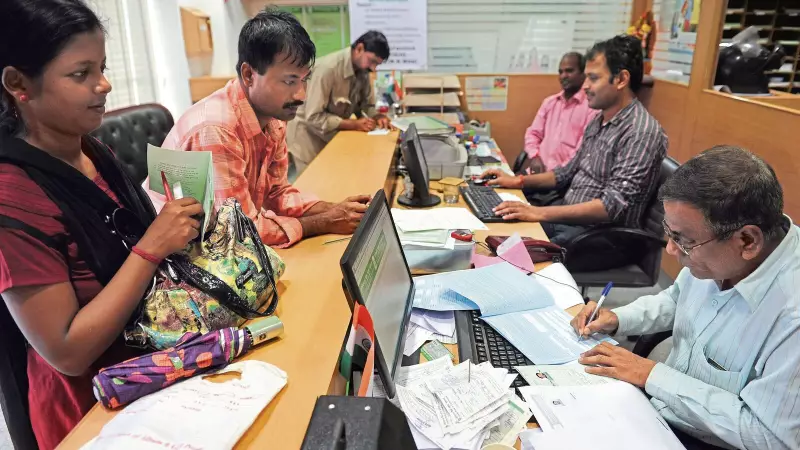
India's banking sector is witnessing growing tension as major employee unions have launched strong opposition against the proposed merger of several public sector banks. The consolidation plan, which reportedly involves Union Bank of India, Indian Overseas Bank, Punjab & Sind Bank, and Bank of Maharashtra, is facing organized resistance from worker representatives.
The All India Bank Employees' Association (AIBEA) and other prominent banking unions have voiced serious concerns about the potential impact of such mergers on both employees and customers. Union leaders argue that previous bank consolidations have resulted in significant branch closures and job reductions, creating uncertainty within the banking workforce.
Key Concerns Raised by Banking Unions
Employee representatives have highlighted multiple issues with the proposed consolidation:
- Job Security Threats: Potential reduction in workforce through branch rationalization and digital transition
- Customer Service Impact: Concerns about reduced accessibility, especially in rural areas
- Branch Network Reduction: Previous mergers led to closure of thousands of branches nationwide
- Employee Morale: Uncertainty affecting banking staff across participating institutions
Historical Precedent of Banking Consolidation
The Indian banking sector has undergone significant transformation in recent years, with the government merging several public sector banks to create larger, more robust entities. However, union representatives point to the aftermath of these consolidations as evidence of negative consequences.
According to union data, previous bank mergers resulted in the closure of approximately 2,000 branches across the country. This reduction in physical presence has particularly affected rural and semi-urban communities that rely heavily on traditional banking services.
The Government's Stance and Union Counterarguments
While the government and banking regulators advocate for consolidation as a means to create stronger, more competitive banks, unions present a different perspective. They argue that larger banks don't necessarily translate to better customer service or improved financial health.
Union leaders emphasize that public sector banks play a crucial role in financial inclusion and implementing government welfare schemes. They contend that excessive consolidation could undermine these social objectives while concentrating risk in fewer, larger institutions.
What's Next for the Banking Sector?
The growing opposition sets the stage for potential confrontations between banking unions and policymakers. Employee representatives have indicated they're prepared to escalate their protests if the government moves forward with the consolidation plans without addressing their concerns.
This development comes at a critical juncture for India's banking industry, which is balancing modernization efforts with maintaining its extensive public service mandate. The outcome of this dispute could significantly shape the future structure of public sector banking in India.






